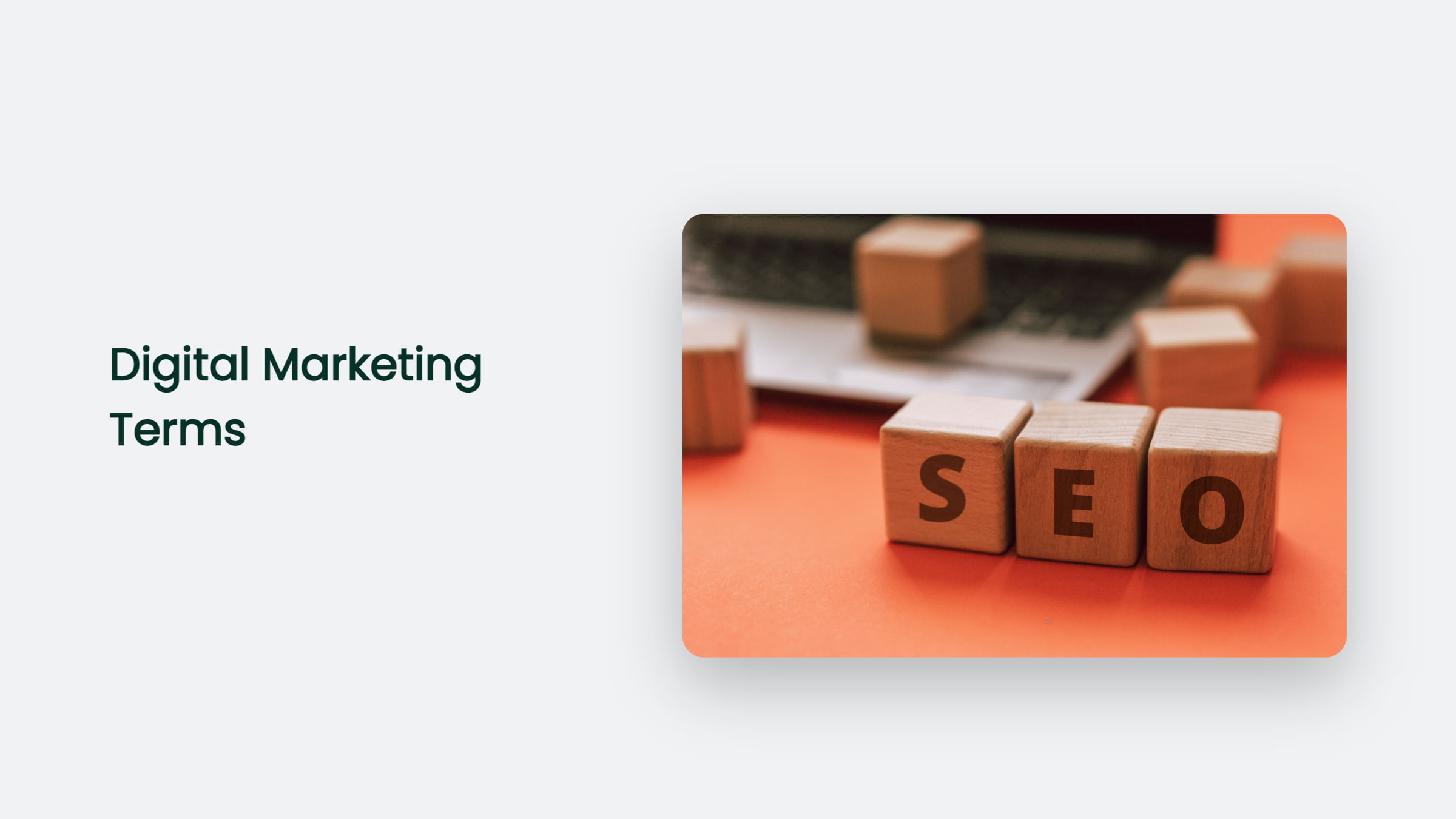![The ‘Giveaway Piggy Back Scam’ In Full Swing [2022]](https://www.cjco.com.au/wp-content/uploads/pexels-nataliya-vaitkevich-7172791-1-scaled-2-683x1024.jpg)

26 Digital Marketing Terms to Know in 2023

As Seen On
Digital marketing has become an essential part of modern business, with an increasing number of companies leveraging the power of the internet to reach and engage their target audience.
As a marketer, it’s important to stay up-to-date on the latest digital marketing trends and best practices and to have a strong understanding of the key terms and concepts that shape the industry.
Here are 26 digital marketing terms that every marketer should know:

SEO (Search Engine Optimization):
The process of optimizing a website or content to rank higher in search engine results, to increase organic traffic and visibility.
PPC (Pay-Per-Click):
A digital advertising model in which advertisers pay a fee each time one of their ads is clicked.
Keywords:
Words or phrases relevant to a particular website or business and used to optimize content for search engines.
Meta tags:
HTML tags that provide information about a web page, such as its title and description, are used by search engines to understand the page’s content.
Backlinks:
Links from other websites to a specific page on your website are used by search engines to assess the quality and relevance of your content.
Conversion rate:
The percentage of website visitors who take the desired action, such as filling out a form or making a purchase.
Landing page:
A standalone web page created specifically for a marketing or advertising campaign that is designed to convert visitors into leads or customers.
Call-to-Action (CTA):
A statement or button that encourages a website visitor to take a specific action, such as signing up for a newsletter or making a purchase.
A/B testing:
Comparing two versions of a web page or marketing campaign to determine which performs better.
Bounce rate:
The percentage of website visitors who leave a site after viewing only one page.
Social media marketing:
The use of social media platforms, such as Facebook and Instagram, to promote a product or service and engage with customers.
Influencer marketing:
The use of social media influencers to promote a product or service to their followers.
Email marketing:
The use of email to promote a product or service, build relationships with customers, and drive sales.
Content marketing:
Creating and distributing valuable, relevant, and consistent content to attract and retain a clearly defined audience and ultimately drive profitable customer action.
Affiliate marketing:
A type of performance-based marketing in which a business rewards Display advertising: Online advertising consists of banner ads and other visual ads on websites and apps. The use of video to promote a product or service, often on social media platforms or through video-sharing websites like YouTube. The practice of targeting ads to users who have previously visited a website or engaged with a business’s online content. Software that helps businesses manage and analyze customer interactions and data throughout the customer lifecycle. The collection and analysis of data to understand and optimize website and marketing performance. The overall experience of a person using a product or service, including how easy it is to use and the perceived value it provides. A website or app’s visual design and layout, including navigation, menus, and other visual elements. The use of mobile devices to promote a product or service, including SMS messaging, push notifications, and mobile apps. A computer program designed to simulate human conversation through text or voice commands. Using voice-activated technology to search for information online. The use of voice-activated technology to purchase goods and services online. There’s even more terms on the way. Stay tuned for ou next blog post that will have more than 100 terms!Video marketing:
Remarketing:
Customer Relationship Management (CRM):
Analytics:
User experience (UX):
User interface (UI):
Mobile marketing:
Chatbot:
Voice search:
Voice commerce:
The Bottom Line:
Konger
Up until working with Casey, we had only had poor to mediocre experiences outsourcing work to agencies. Casey & the team at CJ&CO are the exception to the rule.
Communication was beyond great, his understanding of our vision was phenomenal, and instead of needing babysitting like the other agencies we worked with, he was not only completely dependable but also gave us sound suggestions on how to get better results, at the risk of us not needing him for the initial job we requested (absolute gem).
This has truly been the first time we worked with someone outside of our business that quickly grasped our vision, and that I could completely forget about and would still deliver above expectations.
I honestly can't wait to work in many more projects together!
Disclaimer
*The information this blog provides is for general informational purposes only and is not intended as financial or professional advice. The information may not reflect current developments and may be changed or updated without notice. Any opinions expressed on this blog are the author’s own and do not necessarily reflect the views of the author’s employer or any other organization. You should not act or rely on any information contained in this blog without first seeking the advice of a professional. No representation or warranty, express or implied, is made as to the accuracy or completeness of the information contained in this blog. The author and affiliated parties assume no liability for any errors or omissions.

